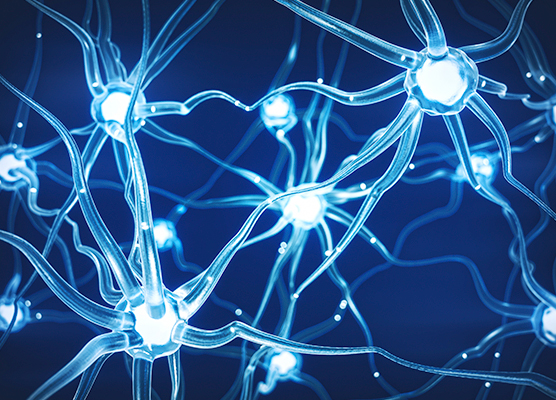
Students examine drugs used in the treatment of central nervous system (CNS) dysfunction, including psychiatric diagnoses and neurodegenerative diseases. Explore the strategies, techniques, and challenges of psychopharmacological research and the use of drugs to probe neural substrates of behavior. Introductory material will be followed by advanced discussion of specific topics through reading and discussion of primary journal articles.
You have the option to enroll in this individual course without committing to the entire Certificate in Neuroscience, enjoying the flexibility and expertise offered by Penn LPS Online to suit your schedule and interests. BAAS students, certificate students, and those taking individual courses must first complete NEUR 1000 and NEUR 2800 before enrolling in this course.
*Academic credit is defined by the University of Pennsylvania as a course unit (c.u.). A course unit (c.u.) is a general measure of academic work over a period of time, typically a term (semester or summer). A c.u. (or a fraction of a c.u.) represents different types of academic work across different types of academic programs and is the basic unit of progress toward a degree. One c.u. is usually converted to a four-semester-hour course.
Instructor
- Faculty, Penn LPS Online Certificate in Neuroscience
Dr. Heerding has been associated with Penn for over 20 years as a graduate student, a postdoctoral fellow, and now as the Associate Director for the Biological Basis of Behavior (BBB) Program. She is a native of California with degrees in chemistry from both U.C. Davis and U.C. Berkeley. Dr. Heerding earned her PhD in Pharmacology at Penn in the laboratory of Dr. Steven Fluharty, investigating… Read more

